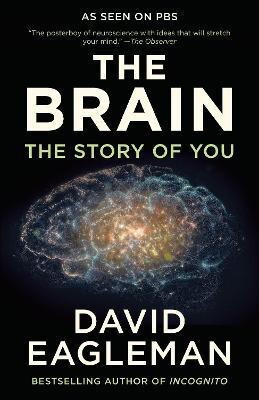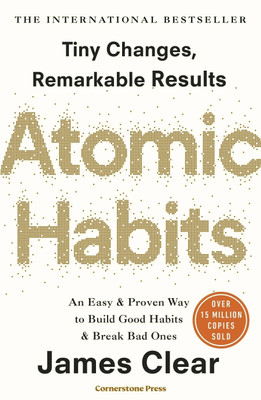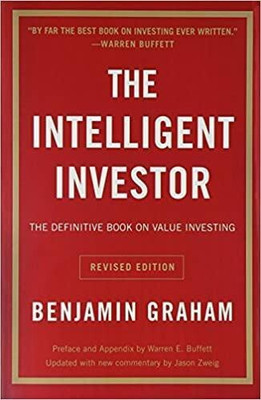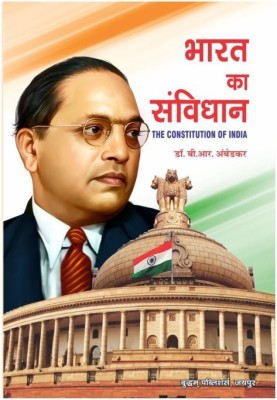
History of Freedom Movement in India (English, Paperback, Laxmi Jain)
Share
History of Freedom Movement in India (English, Paperback, Laxmi Jain)
3.9
18 Ratings & 1 Reviews₹198
₹200
1% off
Available offers
T&C
Delivery
Check
Enter pincode
Delivery by22 May, Thursday|Free₹40
?
View Details
Highlights
- Language: English
- Binding: Paperback
- Publisher: Vayu Education of India
- Genre: Academic and Professional
- ISBN: 9789385077494, 938507749X
- Edition: 2, 2020
- Pages: 244
Services
- Cash on Delivery available?
Seller
Description
Subsequent to the Sepoy Mutiny (1857), some Englishmen in India felt that a harmony between the ruling English and the lndian people has to be built and Sir Allen Octavian Hume founded the Indian National Union which gave way to the Indian National Congress (INC). NC, fearful of getting involved with the world war, launched the Quit India Movement in 1942. Gandhi reasoned with the British that "... a few thousand British cannot control or govern millions of Indians". A Government favorable to Indian freedom won the post-war election in England and India was liberated. INC had played a very vital role in the Indian national movement. Throughout the freedom struggle, Indians had to battle the religious divide and hatred among Hindus and Muslims. The British used this inherent divide among Indians to suppress the Indian freedom movement and eventually divided the nation into a Muslim Pakistan and a secular India. This book recounts the story of the Indian freedom struggle from the Great Revolt of 1857 and the attainment of independence in 1947.
Read More
Specifications
Book Details
| Publication Year |
|
| Table of Contents |
|
Dimensions
| Width |
|
| Height |
|
| Depth |
|
| Weight |
|
Ratings & Reviews
3.9
★
18 Ratings &
1 Reviews
- 5★
- 4★
- 3★
- 2★
- 1★
- 11
- 1
- 2
- 1
- 3
5
Just wow!
Thank you flip kart before delivered. Standard cover page and good printing
READ MORERrajya Lakshmy
Certified Buyer, Karimnagar
Mar, 2021
0
0
Report Abuse
Questions and Answers
Q:Is it useful of ba students of lucknow university
A:Yes.
Doctorclap
Flipkart Seller0
0
Report Abuse
Didn't get the right answer you were looking for
Safe and Secure Payments.Easy returns.100% Authentic products.
Back to top






